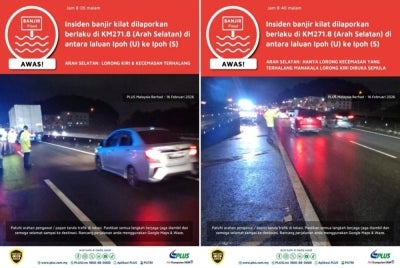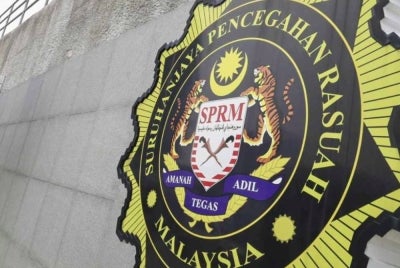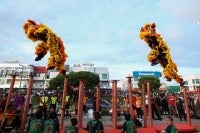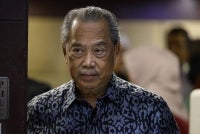Inducing people to trade their organs is organ trafficking - lawyers
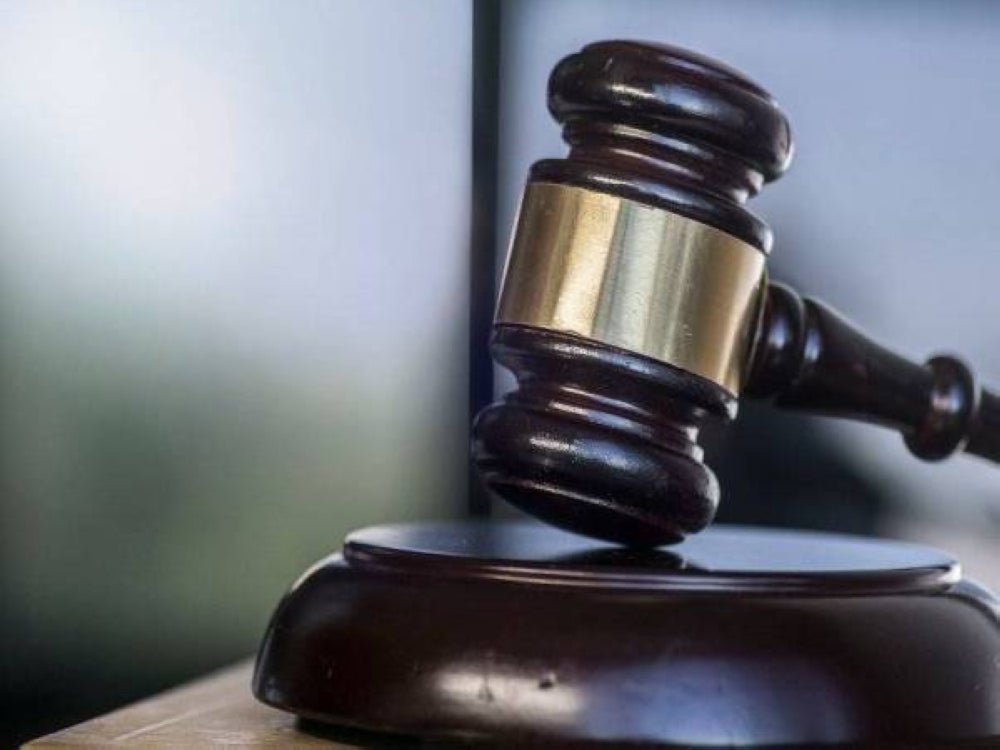
SHAH ALAM - Any practise that induces vulnerable people to trade their organs is considered organ trafficking, say lawyers.
Commenting on Parti Pribumi Bersatu Malaysia (Bersatu) Youth Chief Wan Ahmad Fayhsal Wan Ahmad Kamal's statement in parliament yesterday, where he said that some Malaysians had "to sell their kidneys" to survive because EPF withdrawals were not permitted.
"Some people had to sell their kidneys!" he, who is also a member of Parliament for Machang said.
Former Bar Council president Salim Bashir Bhaskaran said that any practice that induces vulnerable individuals to sell off their organs can be construed as organ trafficking.
"As much as organ and tissue donation is considered the ultimate humanitarian service to mankind, the trading of organs, unethical removals, or commercialization of human organs pose a severe threat to human dignity.
"In Malaysia, the donations of organs are governed by Section 2 of the Human Tissues Act 1974, which regulates situations of removal and transplant of organs," he told Sinar Daily.
Salim again stressed that it is an illegal trade that may encompass international criminals, and he further added that Malaysia must enact its own legislation that addresses the gaps in current practises regarding organ trading.
Echoing Salim’s view, lawyer Fatihah Jamhari said Wan Ahmad's statement shows how dishonest and irresponsible he is, as it would give people the impression that it's okay to sell and buy kidneys.
"Not to forget, it also dismisses our legal framework that has criminalised the organ trade.
"Under the Anti-Trafficking in Persons and Anti-Smuggling of Migrants Act 2007 (ATIPSOM), specifically under Section 12 (read together with Section 2), any sale of persons for the purpose of organ transplant is barred.
"Bear in mind that as a country, we continue to ensure that we are better rated in the Trafficking in Persons Report by the Department of States, USA. Malaysia has fallen back to Tier 3 for the second consecutive year," she explained.
Fatihah further added that his statement downplays how serious the country is about combating human trafficking. His statements are irresponsible and genuinely unpatriotic.
Explaining the American law, which is the National Organ Transplant Act 1997 (NOTA 1997), she said it specifically prohibits the buying and selling of organs, including kidneys, for transplantation.
Any person found guilty of violating this law may be subject to imprisonment and fines. The law also prohibits the solicitation or advertising of organs for sale, and anyone found guilty of doing so may be subject to similar penalties.
"This American law is good. Maybe it's time for us to enact a complete framework. It is because we enact laws based on what is pressing (meaning we only have to move to deal with issues once society has a need for them).
"It's true that the Human Tissue Act 1974 we have is very relaxed in the sense that it only gives power to hospitals to do transplants," Fatihah explained.
Download Sinar Daily application.Click Here!


